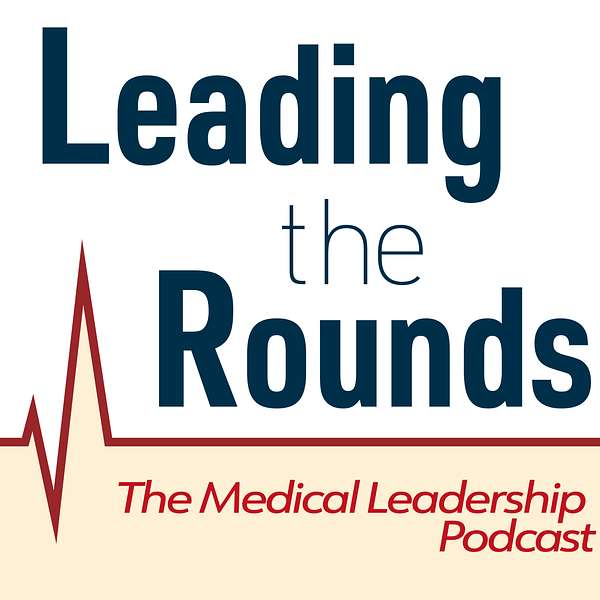
Leading the Rounds
Leading the Rounds
Artificial Intelligence, Social Media, and Disruptive Technology with Dr. Roxana Daneshjou
Use Left/Right to seek, Home/End to jump to start or end. Hold shift to jump forward or backward.
In this episode we interview Dr. Roxana Doneshjou. She is a clinical scholar in the department of dermatology at Stanford School of Medicine. She is a Paul and Daisy Soros Fellowship for New Americans and was the Stanford Medicine TEDMED Student Ambassador in 2015. She is interested in bridging new technologies such as genomics and machine learning with clinical medicine. She is also interested in the use of Twitter for scientific communication and medical education. You can follow her on Twitter: @RoxanaDaneshjou.
We hope you enjoy this episode of leading the rounds!
If you enjoy what we're doing at Leading the Rounds, subscribe and give us a positive rating. You can also connect with us at leadingtherounds.com and on social media.
Questions:
- How did you develop your leadership philosophy?
- Have you always been a team player or did you develop it?
- What is your take on STEP1 being pass/fail?
- How did you develop your career in medical technology?
- How will artificial intelligence fit into medicine in the future?
- How can we avoid bias seeping into medical technology?
- How do physicians balance promoting their brand on social media and not spreading misinformation?
- How do you balance being yourself and maintaining your professionalism on social media?
- How do you balance social media with your patients?
- How can you thrive at virtual conferences?
Ideas:
- “Artificial intelligence technology has the capacity to offload some burdens within medicine and to provide decision support tools to physicians.”
- Bias may sneak into AI algorithms
- “The pace of innovation often outpaces moral obligation.”
- “We build things, but we don’t always think about the consequences.”
- On Twitter, “false news stories are 70 percent more likely to be retweeted than true stories are.”
- “If you are are trying to go viral, that is antithetical to science.”
- “To me, science should always be about promoting the truth.”
- When using humor, “Never punch down.”
Books:
- We Are Water Protectors by Carol Lindstrom (children's book)
- Medical Apartheid by Harriet A. Washington
- Here We Are: American Dreams, American Nightmares by Aarti Namdev Shahani